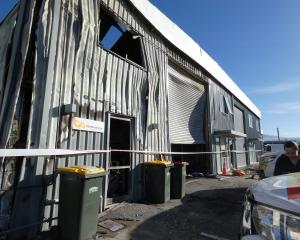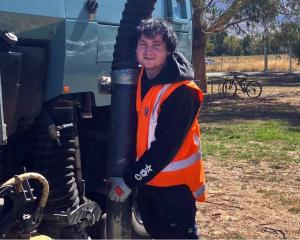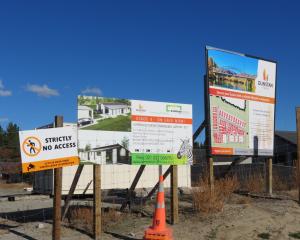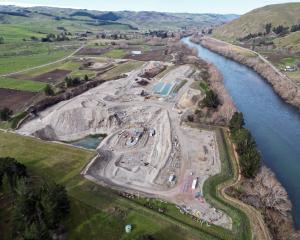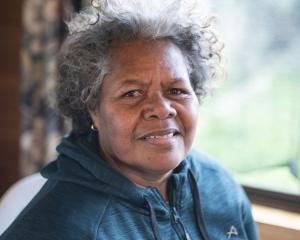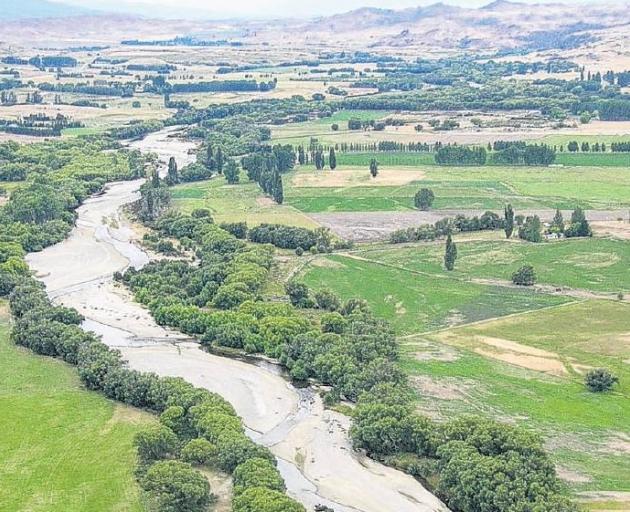
And the unplanned work now under way is putting added pressure on the council as it works to meet a 2023 deadline for its land and water plan, imposed by Environment Minister David Parker.
However, council strategy, policy and science general manager Gwyneth Elsum said this week the council was not at risk of missing its deadline due to the unanticipated new work for the technical advisory group.
‘‘If additional work comes through, that’s when you start talking about real pressures,’’ Ms Elsum told the council’s strategy and planning commit tee this week.
Ms Elsum is the chairwoman of the technical advisory group.
The multi-agency advisory group was established to pro vide information on the Manu herikia’s hydrology, ecology, water quality, farm systems, climate change and future land use.
In August, when council staff recommended minimum flow levels for the river to be noted for council’s land and water plan, councillors instead asked for the group to complete work on habitat modelling and for a scientific peer review of hydrology work.
The technical advisory group will now establish criteria for determining the health of the river and compare those with limits the council sets for those taking water from the river.
The Manuherikia is a priority river for the council in developing its land and water plan, but the council’s focus is due to shift to other catchments.
Community consultation is due to begin in the Catlins next month.
Meanwhile, in response to an official information request the council said it had spent $25,128.48 on technical advisory group meetings, including $903.35 on catering.
Some technical advisory group members were paid by the council, but not all of them were, the council said.
At this week’s committee meeting, council chief executive Sarah Gardner said she would not say which members of the technical advisory group were paid.
But Mrs Gardner said the council had not budgeted for any further work this year because the technical advisory group was seen to have com pleted its work.
A minimum flow is a mandatory cut-off point when water can no longer be taken under low-flow conditions.
When a river drops below its minimum flow, anyone with a consent to take water, other than a deemed permit, must stop.
In August, council staff recommended a staged approach to allow farmers time to adapt to the changes that council would be signalling.
Staff’s preferred minimum flows for the main stem were 1200litres/sec by 2023, 1500litres/sec by 2030 and 2000litres/sec by 2037.

